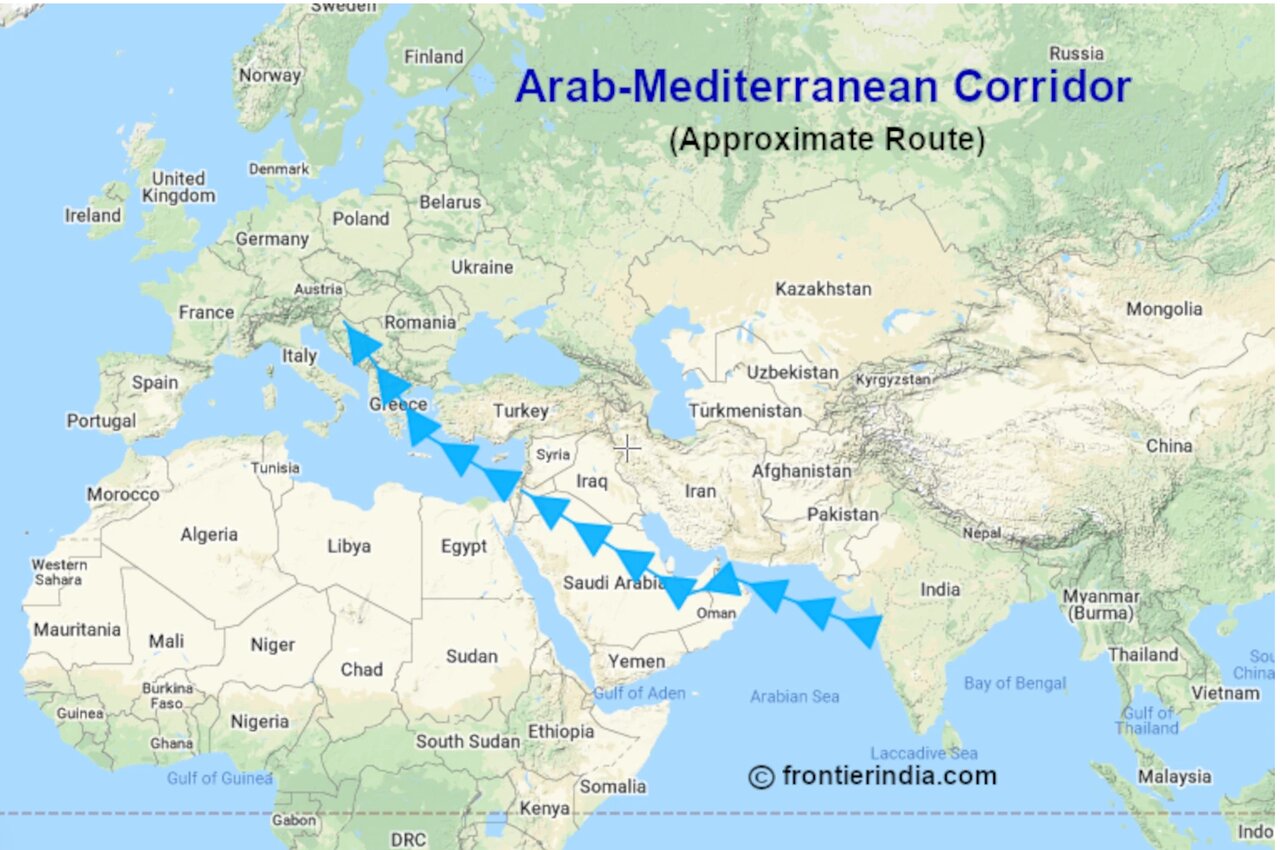Announced at the Group of 20 (G20) summit in India, US President Joe Biden, along with leaders of India, Saudi Arabia and the United Arab Emirates, announced the launch of a new trade route connecting India to the Middle East and Europe through railways and ports.
Some analysts are saying it will be a direct challenge to China’s Belt and Road Initiative, a multi-trillion-dollar infrastructure project launched a decade ago by Beijing with the aim of connecting China to the rest of the world.
Biden’s plan also includes the European Union, France, Italy and Germany. It is comprised of two separate routes – an east corridor linking India to the Persian Gulf Arab states and a northern corridor connecting the Persian Gulf states to Europe.
To learn more about the issue, we reached out to Professor Hossein Askari, Economist, Emeritus Professor of Business and International Affairs at George Washington University.
Following is the text of the interview with him:
What are the US motives behind this project? To what extent it is more politically motivated than economically?
To my mind, it is largely a political ploy cooked up by the United States. To undermine China’s Belt and Road Initiative. To cement Arab-Israeli relations and to reduce Israel’s isolation. To isolate Iran further. To restore some of the lost US influence in the Persian Gulf region. Given the massive capital requirement of the proposal, it cannot be justified on economic grounds.
Can this corridor affect the significance of other ways like the Suez Waterway negatively?
No, only marginally maybe. The Canal will still be dominant. This is because of transportation costs. The Canal will still be more economical for the foreseeable future.
Considering the fact that some regional powers like Iran, Turkey and Egypt are excluded from the project, how successful can this project be?
It all depends on evolving political alliances and the willingness of Arabs to come up with the financing. Will Arabs forget the plight of their Palestinian brethren, follow US wishes, embrace Israel and put up the billions that will be needed? If Arabs are willing to do that, then yes, it could succeed. Even then you have to worry about other repercussions and the possibility of terrorist attacks on the infrastructure. My guess is that it is unlikely to succeed, more for the reasons I have alluded to than the exclusion of the three countries that you name.
Interview by Zahra Mirzafarjouyan






Leave a Reply